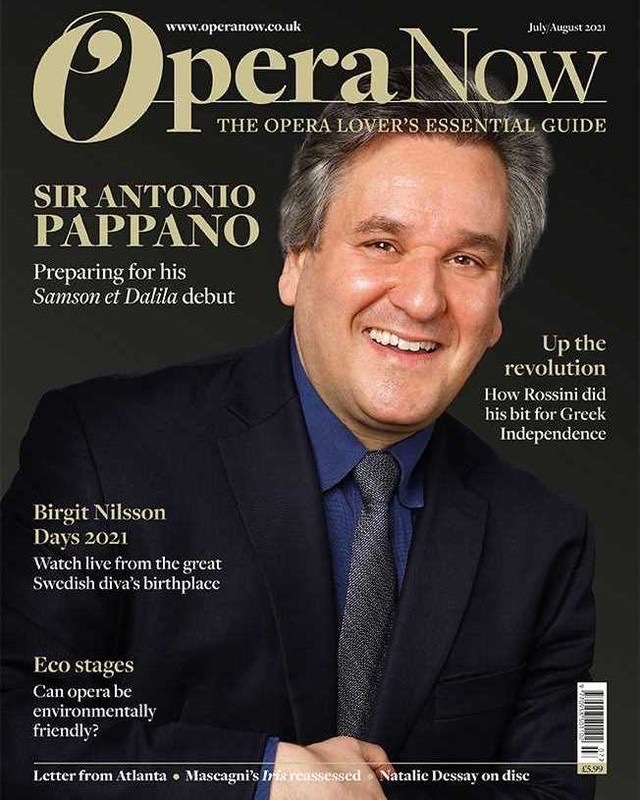Irina Brook makes case for eco-friendly opera
In the July/August issue of Opera Now magazine, director Irina Brook writes about the importance of making opera in an environmentally friendly way, describing her recent experience directing Brecht/Weill’s The Seven Deadly Sins and Mahagonny Songspiel at La Scala.
She argues: ‘Doing plays or operas that attempt to teach or enlighten visibly doesn’t work. One has to be clever and look for new ways of passing messages. This is the difficulty – what should organisations do? I believe that people who run theatres and opera houses need a sense of responsibility, some awareness of the world outside their doors.’
Brook describes how she was invited to La Scala three weeks’ notice: ‘Normally, I would have had to follow the usual opera tradition and come up with some great design, but here we had no time and no budget, so I had to be minimalist. That was the condition of my agreeing. I said I would put together costumes, sets and videos myself, as long as I was supported to find it all homegrown and organic, with a minimum from outside La Scala stocks. All the departments had to accept to work differently from ever before. I walked through the costume department asking: “Can we please have that, and that? Just put it on a rail”... Spending thousands on lavish sets and costumes would have felt unethical at a time when so many artists can’t afford to live and singers can barely make it to the end of the month.’
The effect was profound, she explains: ‘It was amazing to be allowed to work in this way. It would be nothing novel in a small-scale rough-theatre production, but it was inconceivable at La Scala. This couldn’t have happened without Dominique Meyer’s open-mindedness, as well as the circumstances. It must have been a crazy moment for La Scala. When we got on to the stage, it was extraordinary to stand looking at our shabby recycled set, and then turn the other way and see the house, in all its gold and red glamour and splendour. There was something revolutionary that delighted me.’
The benefits of working in this way go beyond the environment, as Brook explains: ‘There’s a wonderful lightness in being able to work in this way. Everything comes from within: from the narrative, the performers, the singing, rather than from the outside.’
She concludes: ‘People love to create gorgeous costumes and sets, and audiences demand it, but there are enough costumes and props in the world to put on another 100 years of operas. I would adore to continue this system and be invited to opera houses around the world, to do my organic operas, using their existing stock.’
To read the full article, subscribe to Opera Now.




